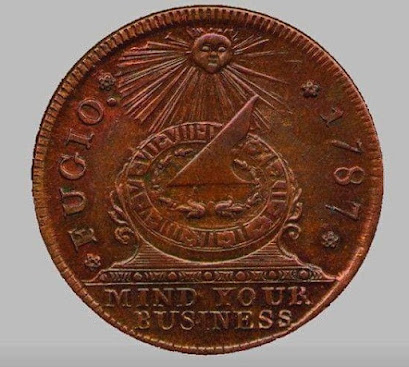Con: a ruse used to gain another's confidence.
— Merriam-Webster Unabridged Dictionary
Texas is suing a Christian "influencer" for falsely claiming she could cure eating disorders, Insider reports.
A self-proclaimed "Jesus seeker" with a half million Instagram followers, Dawn also promised customers regular phone check-ins that never occurred and charged them "shipping fees" for emails.
Allegations against Dawn first surfaced in 2019, when followers began to call her a "scammer" on her Facebook page. Their complaints led to an investigatory report on ABC's Good Morning America.
 |
Jesus clears the "den of thieves" |
They've made the web a den of thieves.
But who was America's first big scammer?
The credit goes to William Thompson, known to history as the original "confidence man."
Thompson's haul each time was considerable. A gentleman's watch in the 1840s cost $4,200 in today's money.
Thompson capitalized on the instinct of the genteel to avoid a faux pas at any cost; in this case, the cost of a fancy watch. His consummate skill at appearing trustworthy earned Thompson the newspaper nickname "Confidence Man," a moniker that quickly became synonymous for scammer; and, in its shortened form con, synonymous for scam.
Herman Melville immortalized William Thompson's nickname in 1857, by using it for the title of a novel.
The Confidence Man features a cast of characters who are card sharps, stock swindlers and snake-oil salesmen, cheats who Melville thought symbolized all that was wrong with America.
NOTE: The word scam, by the way, entered American usage in the 1960s. Meaning a "trick," scam is a carnival barker's term derived from the 18th-century British word for a "highway robber," scamp.
POSTSCRIPT, FEBRUARY 10. 2022: Axios today announced that Maggie Haberman's Confidence Man, the "book Trump fears most," will be published in October.








